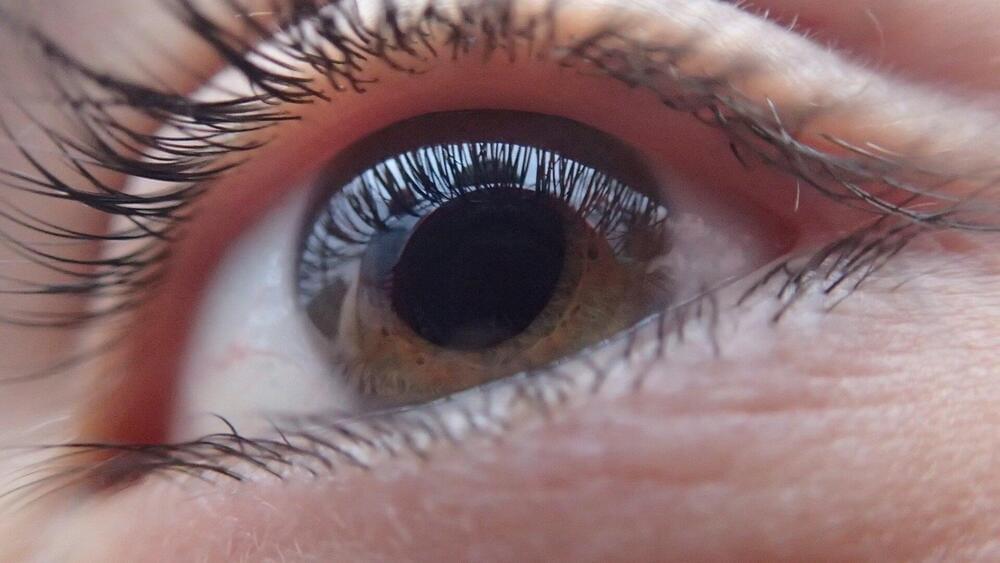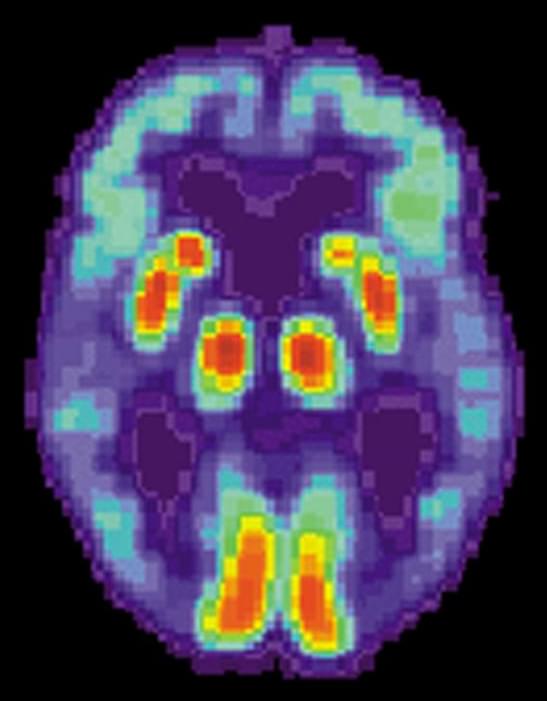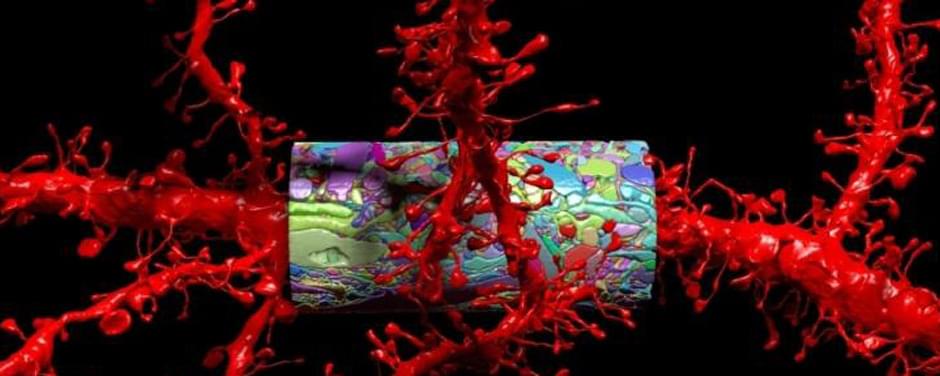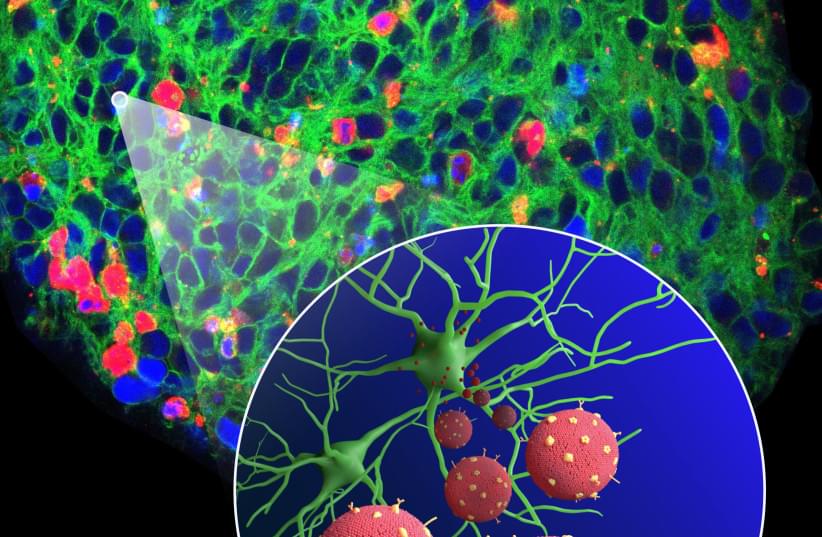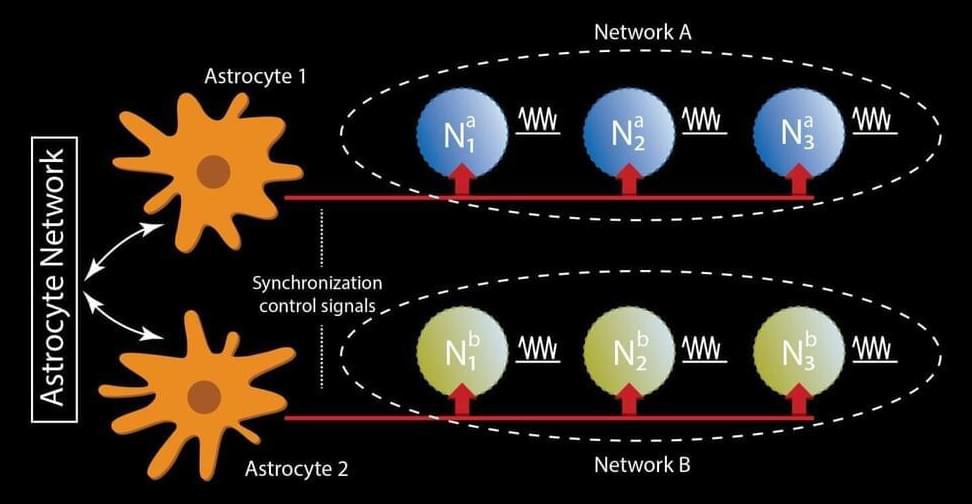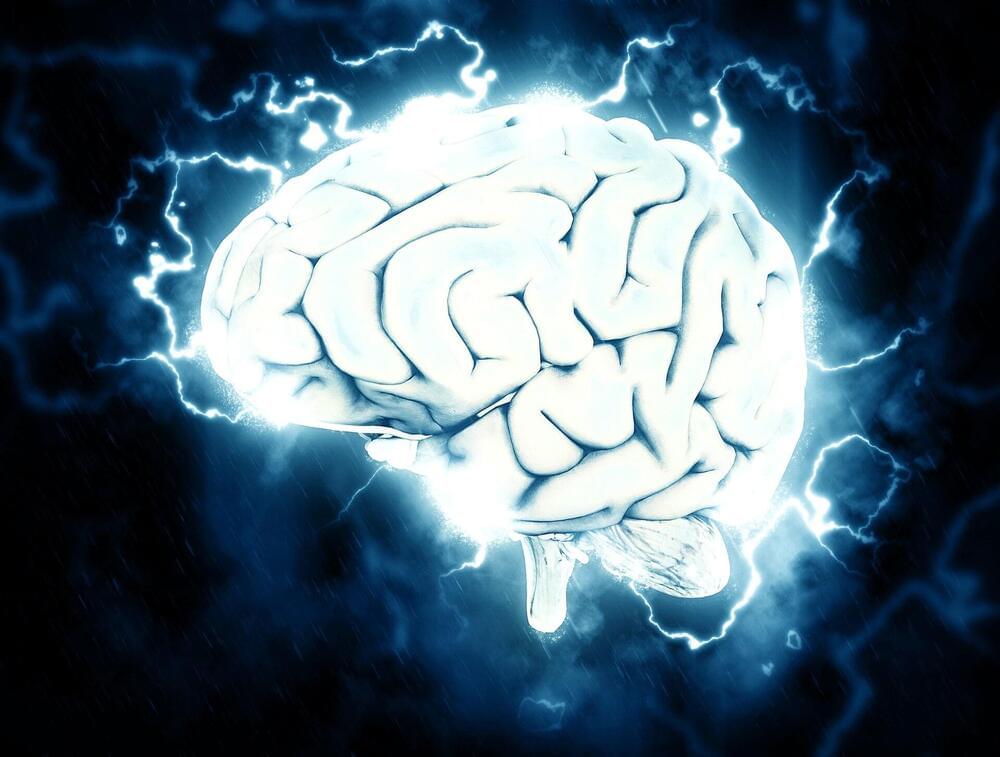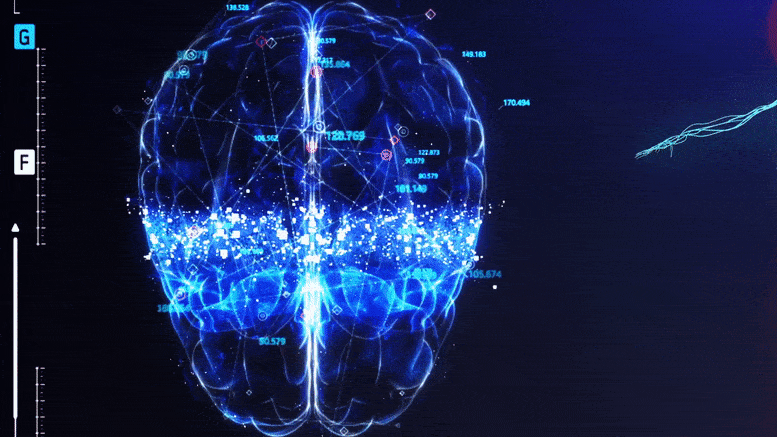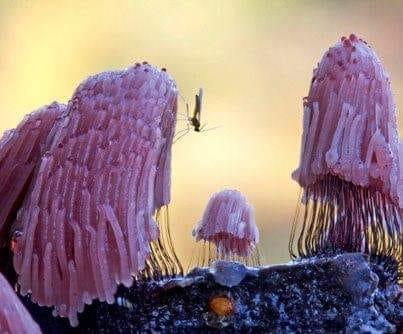Solar PV panels are now a common site around the world and they do a great job. But they only work on flat surfaces. What about the millions of other surfaces that are not so conveniently shaped? That’s where flexible solar film comes in. The concept is not new but now a UK company has developed a unique Solar PV film that could make the technology accessible to millions more people in remote off grid areas in developing nations.
Power Roll Website.
https://powerroll.solar/unique-solar-film/
Video Transcripts available at our website.
http://www.justhaveathink.com.
Help support this channels independence at http://www.patreon.com/justhaveathink.
Or with a donation via Paypal by clicking here.
https://www.paypal.com/cgi-bin/webscr?cmd=_s-xclick&hosted_b…source=url.
You can also help keep my brain ticking over during the long hours of research and editing via the nice folks at BuyMeACoffee.com.
